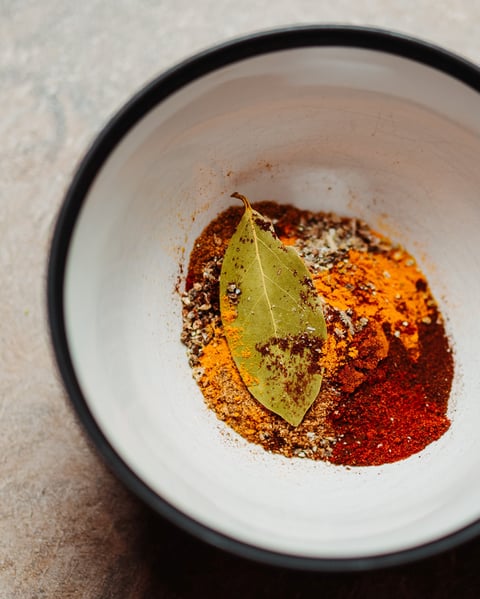 Photo: Any Lane
Photo: Any Lane
If ever there was a time to talk about immune health, that time is now. In the wake of Covid-19—vaccinated or not—interest in boosting immunity has been at an all-time high. It’s a bit of a no-brainer.
According to Charlotte Traas, Director of Education at the sustainably-focused certified B corp natural supplement company New Chapter, boosting your immune system is a great thing to do, “anytime.” It certainly matters during a pandemic. But the truth is, our health wasn’t the best before the pandemic, either.
“Your body is constantly facing challenges, some of them even associated with healthy activities, like exercise, which naturally ‘damage’ the body,” Traas said via email. “Your body relies on your immune system to recover from any damage it faces and considering we face pollution, sunshine, and stress every day, our immune system could use all the support it can get.”
But where do we even start? For Trass, it’s diet—but it’s complicated.
 Photo: Fleur Kaan
Photo: Fleur Kaan
See also: 5 Natural Sugar Substitutes to Add to Your Pantry
Nutrition basics
“Our diet is a huge factor in our overall health, but the hard part is that we usually track fat, calories, protein, but how much vitamin C did you eat today? How much vitamin D? The answer is one most of us don’t know,” she says.
“Eating for nutrition can be tough when you’re not sure what nutrients you might need more of,” she says. Part of that has nothing to do with what we eat, but the health of the food we’re growing. “[W]e tend to grow food for yield and not nutrition,” Traas says. “You’d have to eat 8 oranges today to get the same nutrition you would have in the 1970s.”
It’s part of the reason New Chapter is so focused on farming. The nearly-40-year-old Vermont-based vitamin company is the leading advocate in the supplement sector for regenerative agriculture and sustainable growing practices that protect and improve soil health, biodiversity, and farm workers.
“Along with following organic standards, soil regeneration practices include rotating crops, composting, using cover crops, and avoiding deep tilling,” the company explains on its website. “These techniques create healthy, carbon-rich soil that is full of organic matter and holds water like a sponge.”
The widespread depletion of soil nutrients is why Traas says taking a multivitamin is a great help to keeping immunity strong. But probably not the chewable Flinstone’s vitamins we all grew up on. She suggests multivitamins that are specifically formulated for absorption “by including nutrients like D3 and fermented zinc are great for supporting your immune health without worrying about how much D was in your diet that day.”
Traas says ensuring we get enough of these critical vitamins and herbal supplements can help boost our immune function. “They can support your immune system to help you be in the best position should you face a hard immune challenge.”
 Photo: Pawel Czerwinski
Photo: Pawel Czerwinski
See also: Essential Vitamins for Good Health
Boosting immunity
That doesn’t mean your multivitamin is going to prevent or cure something as severe as Covid. There’s nothing that can prevent it aside from the vaccine. But having a healthy immune system should you contract the virus, may help to lessen the severity. (But it’s not a replacement for vaccines or medical advice, so always talk to your doctor before starting a new supplement regimen, especially if you test positive for or think you may have Covid-19.)
Having a healthy immune system has been effective when it comes to fighting off–or preventing entirely—the common cold and flu. And one supplement, in particular, has shown great ability to help mitigate symptoms.
“Elderberry has research,” Traas says. She points to a randomized study on the efficacy and safety of oral elderberry extract in the treatment of influenza A and B virus infections. That research associated it with being able to decrease the spread of some of the flu viruses. “It also is known for being an antioxidant powerhouse,” she says. “Antioxidants support the body by donating an electron to free radical scavengers, who will leave a trail of destruction behind until they get their missing electron.”
There are other supplements, too—vitamin C and zinc, for example, have shown to help boost immune responses against the common cold and flu.
“Fermented multivitamins are particularly exciting because they put nutrition into a form your body can easily recognize and utilize. Fermented Zinc was actually shown to absorb better than regular Zinc, making it a great choice to support your immune system,” Traas says.
 Photo: Medienstürmer
Photo: Medienstürmer





